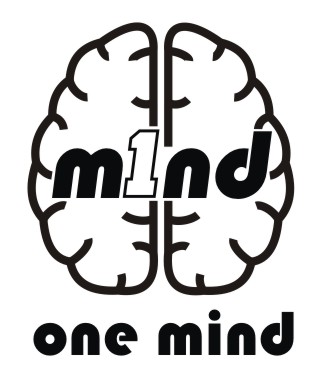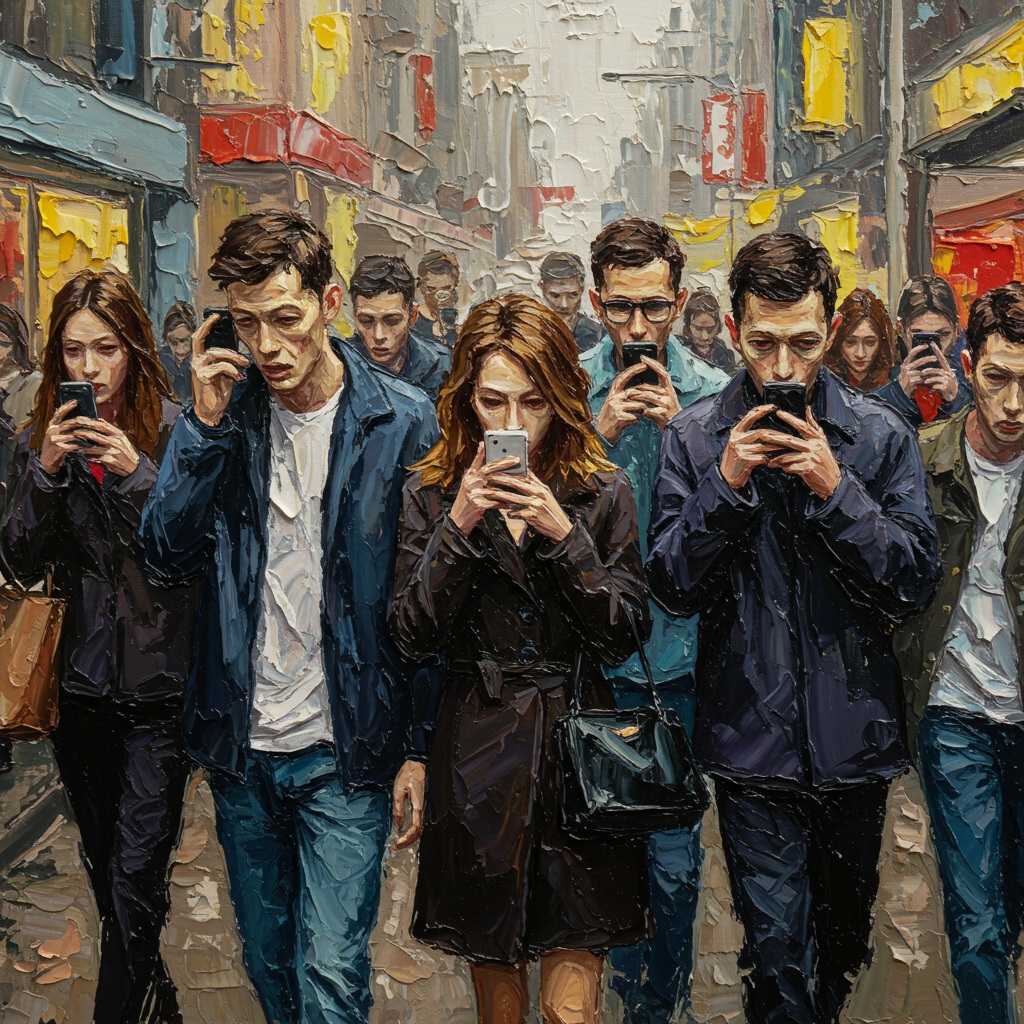
Below is a 2 minute read to put some sparkle in your day, or… plunge into these topics for a deeper understanding.
A message from today’s meditation:
Let’s create a moment to take a step back from the noisiness of the world, for a clear-eyed look at the societal landscape we inhabit. It doesn’t take a mystic or a sage to sense that the world we have created crackles with tension. Division festers, and a pervasive sense of unease seems to cling to the collective consciousness.
Today’s meditation journey takes a look at the world around us with a slight pause, to recognize what society has created…
“If being appropriate means conforming to a deeply pathological society, then be wildly inappropriate. If finally seeing the oppressive suffering of others is painful, then endure the pain. If you want freedom from denial and guilt, then surrender to truth! Don’t observe the revolution. Be the revolution! Annihilate your old self. Give birth to your original soul. Raise it!” – Jaiya John
“It is no measure of health, to be well adjusted to a profoundly sick society.” – Jiddu Krishnamurti
It’s certainly not just Jaiya John and Krishnamurti who have described the society we have created as sick. This sentiment echoes through the ages, finding resonance in the observations of a chorus of other voices:
“Conformity to a sick society is to be sick.” – Richard J. Foster
“We live in a society in which it is normal to be sick; and sick to be abnormal.” – Edward Abbey
“The only reality is our society, and I mean this seriously, Western Society is a very sick society.” – Rob Walton
“Tell me where do I belong in a sick society.” – Ozzy Ozborne
How do we rebel against this “sick society”?
It certainly doesn’t help attacking people or trying to convince them that they are “wrong”… in fact, the ease with which we attack those who hold a “different” view from us is an entrenched part of the disease we’ve created in society.
So if attacking “bad ideas” won’t work, how do we become the antidote to a profoundly “sick society?”
We have to understand that our options are to either contribute to the hate in the world, or contribute to the love in the world. And if our response to what is “wrong” in the world is an aggressive finger pointing and attacking, then we are just contributing to the disease of division.
Jayia John’s answer to this sick society is to give birth to your “Original Soul”. This is a process of shaking off all that you are not, until you remember what you really are. This original soul that is YOU, is the essence of love that raises us all. It is the embodiment of LOVE itself that knows when to act and when to wait – that knows when to say yes and when to say no. And even when it needs to say no, it refuses to fall into the trap of hating, because your “Original Soul” recognizes itself in ALL.
Become a SOULdier of this (r)evolution by doubling down on the raw power of LOVE that has always been who you are. When you discover this within yourself, you will be an immovable force for good!
Today’s meditation acknowledges the problems we have in society, but asks us to take responsibility for how we contribute… are we adding energy to the hatred in the world, or are we an ally to everyone who shows up as love?
Here are some questions to reflect on:
- Am I contributing to love or hate in my interactions?
- How can I shed societal conditioning to rediscover my authentic self?
- When faced with injustice, can I respond with compassion and wisdom, rather than anger and blame?
By examining these questions and nurturing your “Original Soul,” you become a beacon of love in a world desperately seeking it. Remember, change starts within. Be the revolution. Be the love the world needs.
Have a beautiful day peeps!
– pierre –
Today’s LIVE meditation is: Tonglen.
A moment of reflection
(If you have the time, use this question as a journal prompt, because whenever you put pen to paper you’re wiring the neural pathways that create your new habits. But if you don’t have the time, just take a moment to reflect on your response.)
Reflecting on the “Sick Society”: The article presents a view of society as “sick.” Do you resonate with this perspective in any way? What specific aspects of modern society do you find troubling or unhealthy? Explore these feelings and identify any ways in which you might be unintentionally contributing to these aspects or feeling the effects of them in your own life. Also… take a moment to appreciate the healthy aspects of society or perhaps the people around you.
Today’s LIVE meditation
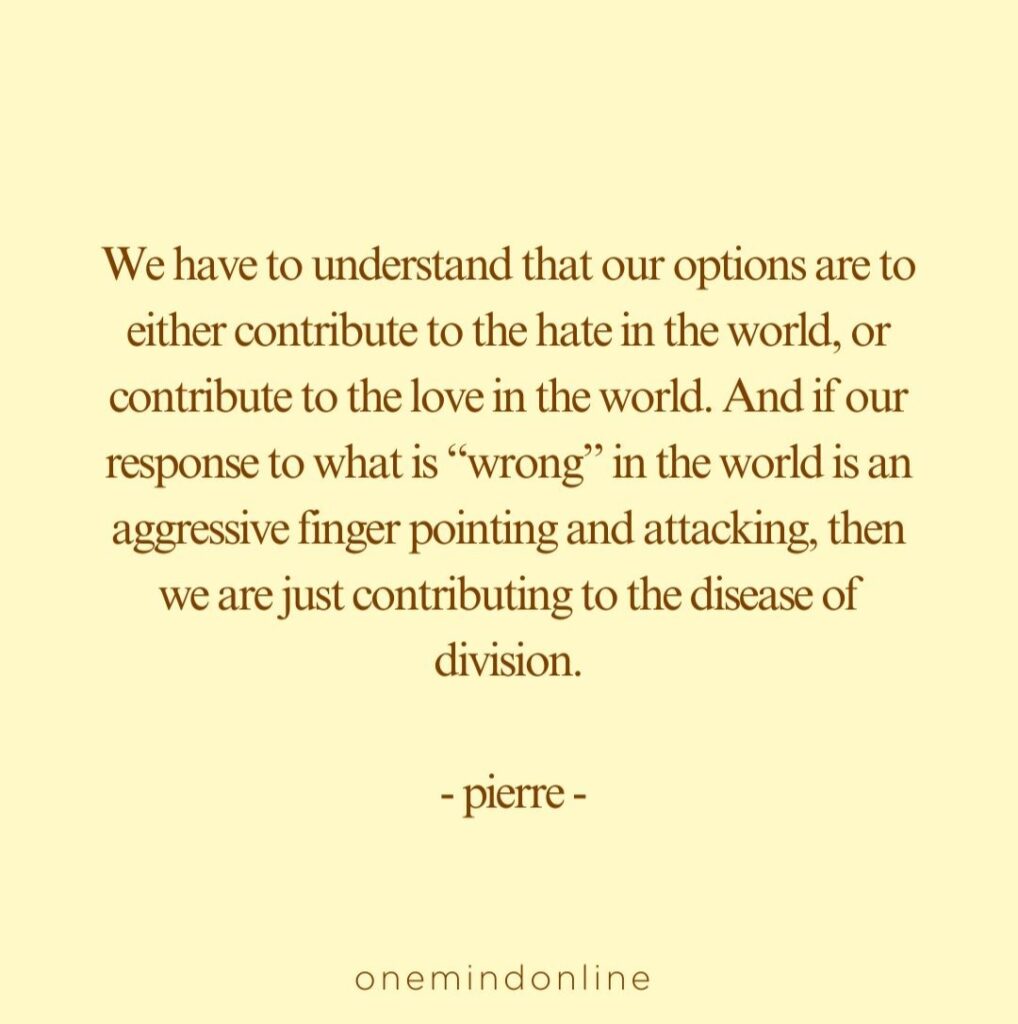
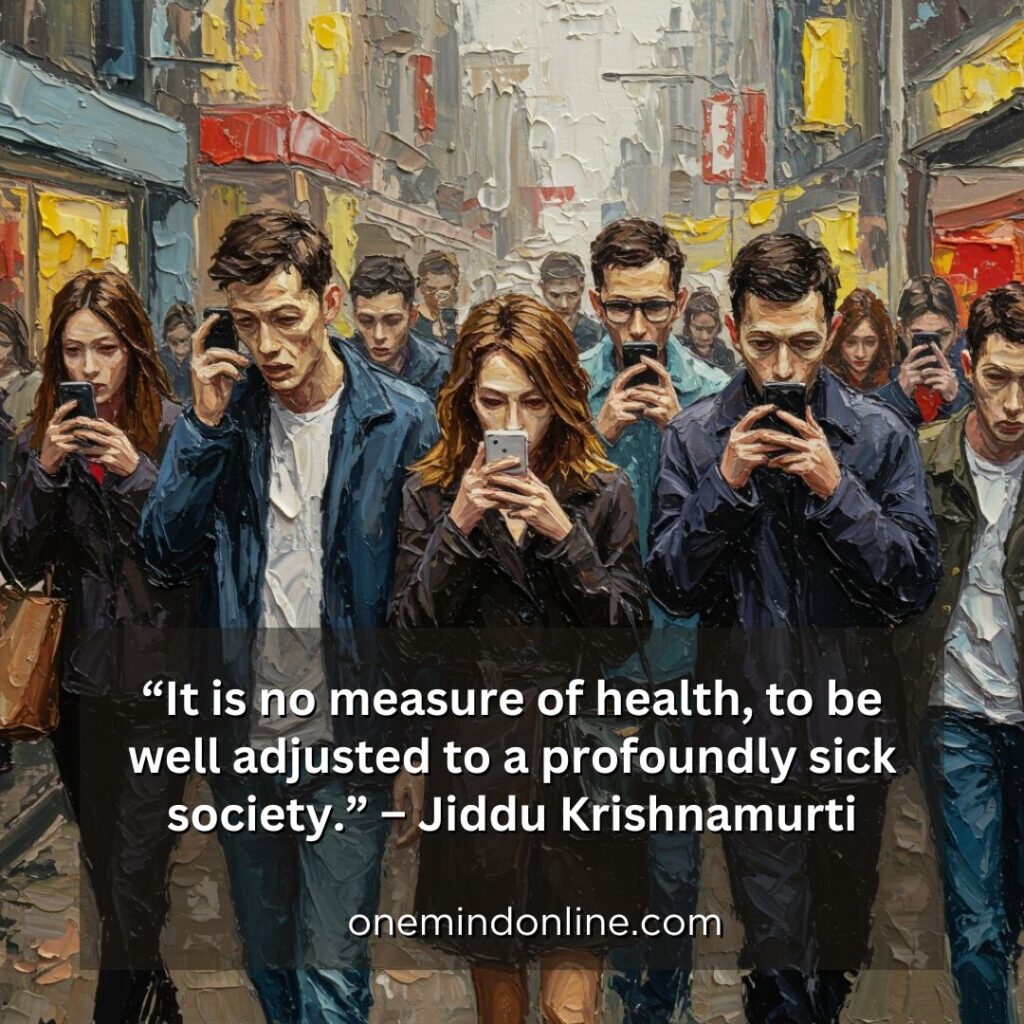
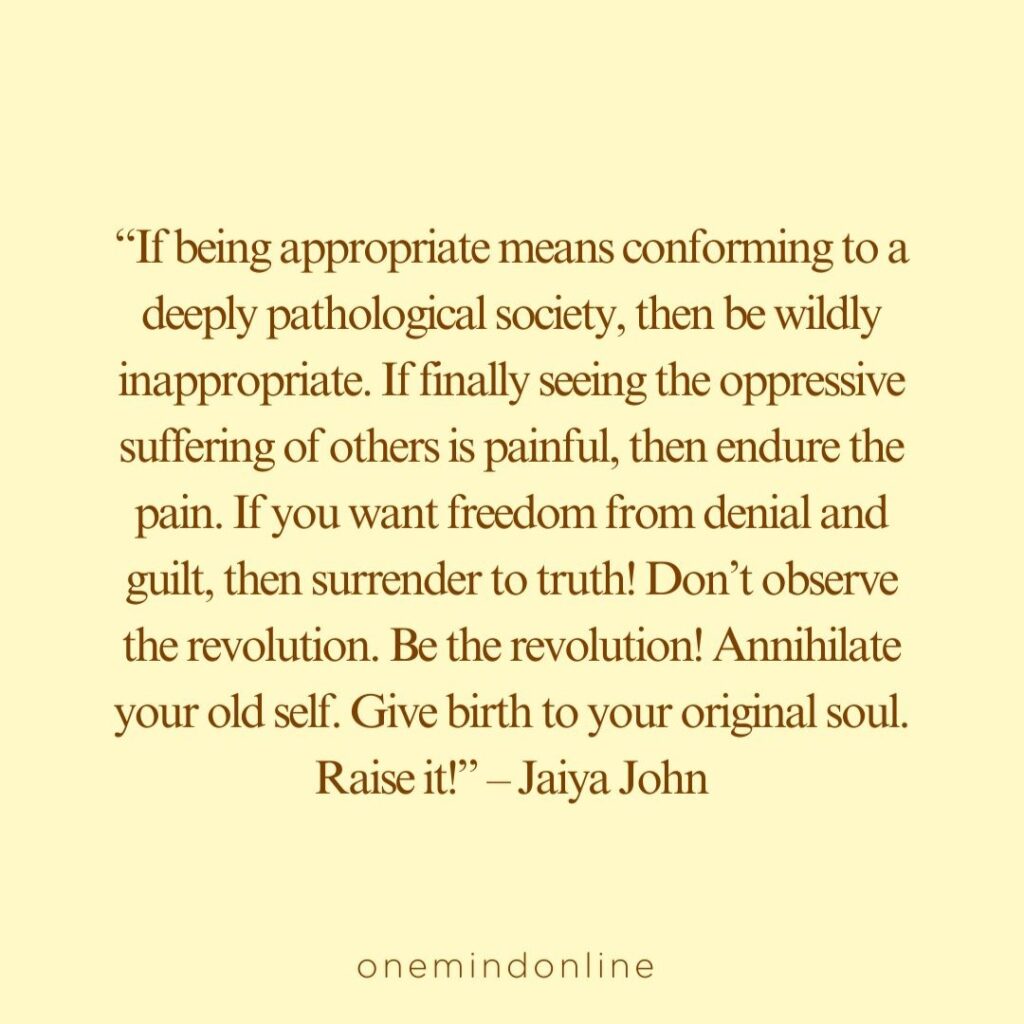
Q&A for deeper learning
Q 1. The article describes society as “sick.” What does this mean in the context of personal development?
When the article refers to a “sick society,” it’s highlighting systemic issues, norms, and values that may be harmful, oppressive, or disconnected from our inherent human potential for love and connection. From a personal development perspective, recognizing this “sickness” encourages us to question societal conditioning that might be hindering our growth, authenticity, and well-being. It prompts us to consciously choose values and behaviors that contribute to healing rather than perpetuating harm.
Q 2. How can I “be wildly inappropriate” without being disrespectful or causing harm to others?
Being “wildly inappropriate” in this context doesn’t necessarily mean being rude or offensive. Instead, it refers to deviating from societal norms that are deemed “pathological” or unhealthy. It’s about courageously challenging oppressive systems, speaking truth to power, and living in alignment with your authentic values, even if those values go against the grain. The key is to act from a place of love and integrity, focusing on dismantling harmful structures rather than attacking individuals.
Q 3. What is meant by the “Original Soul,” and how do I “give birth” to it?
The “Original Soul” refers to your deepest, most authentic self, untainted by societal conditioning and external pressures. It’s the essence of love and wisdom within you. “Giving birth” to it is a process of shedding the layers of who you’ve been told to be or what you’ve internalized from a “sick society.” This involves introspection, self-awareness, questioning your beliefs, and consciously choosing to align your life with your core values and innate sense of love and truth.
Q 4. The article mentions that attacking others doesn’t help. So, how do we address issues in society that we disagree with?
Instead of resorting to attack and blame, the article suggests responding with compassion and wisdom. This involves understanding different perspectives, engaging in constructive dialogue, and focusing on systemic change rather than individual condemnation. It requires us to examine our own biases and approach disagreements with a genuine desire for understanding and healing, remembering that our ultimate goal is collective well-being.
Q 5. What does it mean to be a “SOULdier” of this (r)evolution?
Being a “SOULdier” implies actively participating in a revolution driven by love and authenticity. It means being committed to embodying your “Original Soul” and acting from that place of love in all your interactions. This isn’t about physical combat but about being a steadfast force for good, challenging harmful norms through your actions, words, and presence in the world. It’s about consistently choosing love over hate, even in the face of adversity.
Q 6. How can I discern whether my actions are contributing to love or hate in the world?
This requires honest self-reflection. Examine your intentions behind your words and actions. Are you seeking to connect, understand, and uplift, or are you driven by anger, judgment, and a desire to be “right” at the expense of others? Consider the impact of your interactions – do they foster connection and understanding, or do they create division and resentment? Regularly asking yourself this question will help you align your behavior with your intention to contribute to love.
Q 7. What is the significance of personal reflection in addressing societal issues?
Personal reflection is crucial because it allows us to identify how we might be inadvertently perpetuating the patterns of the “sick society” within ourselves. By examining our own conditioning, biases, and reactions, we can begin to dismantle those harmful internal structures. This inner work is the foundation for meaningful external change. As the article suggests, the revolution starts within each individual. By healing ourselves, we become more effective agents of healing in the wider world.
